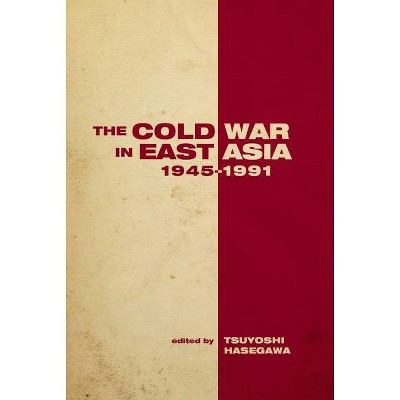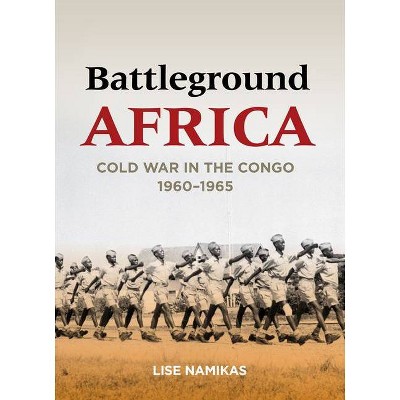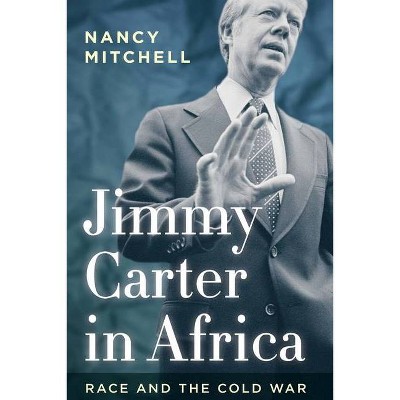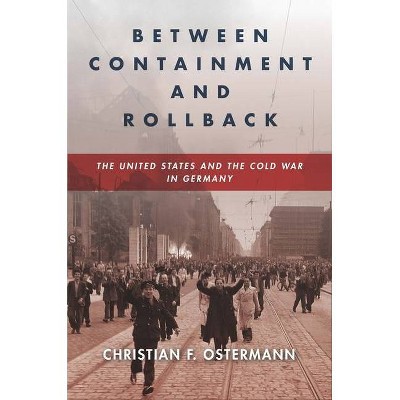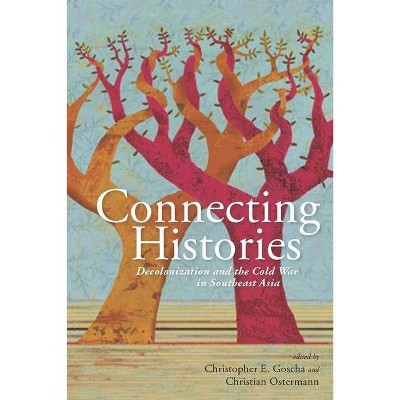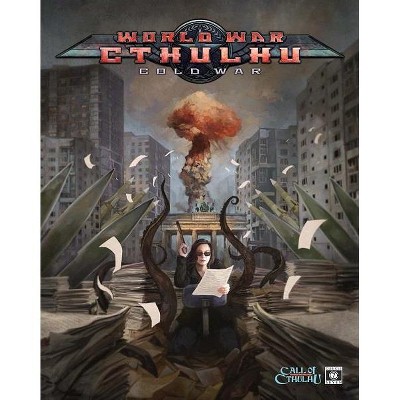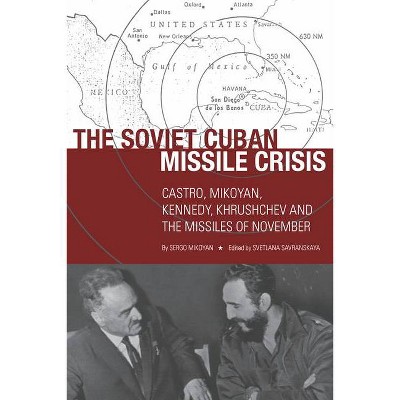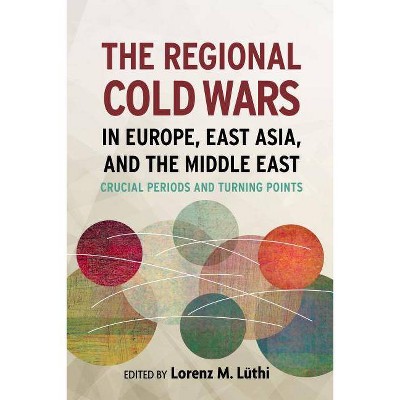Economic Cold War - (Cold War International History Project) by Shu Guang Zhang (Hardcover)
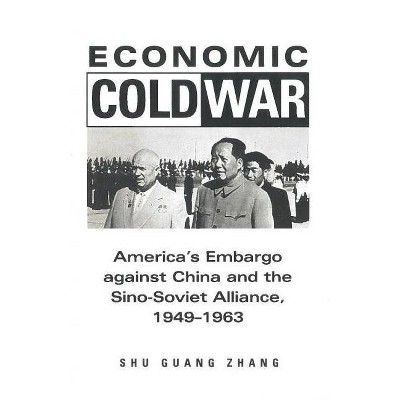
Similar Products
Products of same category from the store
AllProduct info
<p/><br></br><p><b> About the Book </b></p></br></br>Why would one country impose economic sanctions against another in pursuit of foreign policy objectives? How effective is the use of such economic weapons? This book examines how and why the United States and its allies instituted economic sanctions against the People's Republic of China in the 1950s, and how the embargo affected Chinese domestic policy and the Sino-Soviet alliance.<p/><br></br><p><b> Book Synopsis </b></p></br></br>Why would one country impose economic sanctions against another in pursuit of foreign policy objectives? How effective is the use of such economic weapons? This book examines how and why the United States and its allies instituted economic sanctions against the People's Republic of China in the 1950s, and how the embargo affected Chinese domestic policy and the Sino-Soviet alliance.<p/><br></br><p><b> From the Back Cover </b></p></br></br>"Zhang Shu Guang has carried out a thorough research of U.S. and British economic diplomacy toward China in the 1950s and 1960s. Economic Cold War should be of great interest to students of Sino-American relations and those researching the utility of economic sanctions in pursuit of foreign policy goals."--The Russian Review<br>"Zhang has produced an outstanding contribution to our understanding of both the static and dynamic aspects of Sino-American relations during the early years of the Cold War. His book also commends itself to readers occupied with more contemporary US foreign policy issues. . . . Highly recommended for public, academic, and professional library collections."--Choice<p/><br></br><p><b> Review Quotes </b></p></br></br><br>...this is an outstanding work of contemporary history, thoroughly researched and elegantly written.-- "American Historical Review"<br><br><i>Economic Cold War</i> is a valuable contribution both to the historical literature on the cold war and to the economic sanctions literature.--<i>History</i><br><br>Shu Guang Zhang's meticulous research on the American-led economic embargo against the People's Republic of China fom 1949 to the 1963 Sino-Soviet split brings forward a great deal of new information and, not surprisingly, new conclusions. In clear prose, Zhang explains American goals, perceptions of the efficacy of the sanctions, and why three different presidents maintained them. On the Chinese side, he describes and explains the reactions to the blockade.--<i>International Journal</i><br><br>Zhang has illuminated the China sanctions regime from all angles, brilliantly weaving together narratives of U.S. decision making, Western alliance politics, Chinese decision making, and Sino-Soviet alliance politics. It would be a valuable resource for all students of cold war history, from undergraduates to professional scholars.--<i>History</i><br><br>Zhang has produced an outstanding contribution to our understanding of both the static and dynamic aspects of Sino-American relations during the early years of the Cold War. His book also commends itself to readers occupied with more contemporary US foreign policy issues. . . . Highly recommended for public, academic, and professional library collections.--<i>Choice</i><br><br>Zhang has provided an excellent contribution to understanding the Sino-Soviet relationship, Western alliance relations, and the utility of economic sanctions. It is well worth the time of readers interested in economics or international relations.--John Soares "Kentucky Historical Society"<br><br>Zhang provdes an insightful narrative and analysis of sanctions policymaking in the Truman, Eisenhower, and Kennedy administrations, as well as of evolving ineralliance politics regarding the multilateral sanctions regime.--<i>History</i><br><br>Zhang Shu Guang has carried out a thorough research of U.S. and British economic diplomacy toward China in the 1950s and 1960s. <i>Economic Cold War</i> should be of great interest to students of Sino-American relations and those researching the utility of economic sanctions in pursuit of foreign policy goals.--<i>The Russian Review</i><br><p/><br></br><p><b> About the Author </b></p></br></br>Shu Guang Zhang is Professor of U.S. History and International Relations at the University of Maryland. He is the author, most recently, of <i>Deterrence and Strategic Culture: Chinese-American Confrontations, 1949-1958</i>, and <i>Mao's Military Romanticism: China and the Korean War, 1950-1953.</i>
Price History
Price Archive shows prices from various stores, lets you see history and find the cheapest. There is no actual sale on the website. For all support, inquiry and suggestion messagescommunication@pricearchive.us
